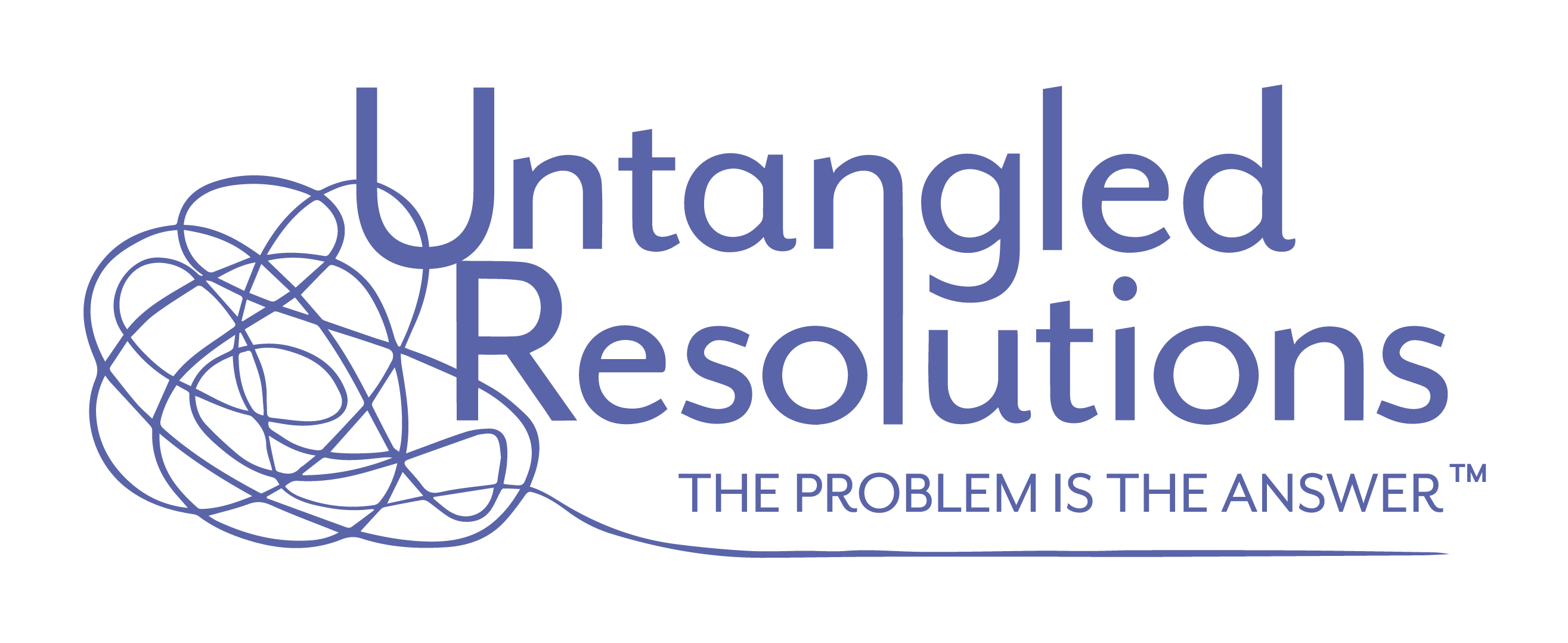Professional Business Consulting
deib policy design & implementationTake Action for Your Business Today!
Schedule a call
Charge Forward
Conflict Management Systems Design
Many organizations rely on conventional anti-discrimination policies and procedures to address DEIB concerns. These policy statements respond well to the institution’s need to avoid liability. Unfortunately, however, the policies and procedures are not responsive to the dynamic nature of DEIB concerns and, generally, only offer adversarial options for addressing issues.
Adversarial processes often center the interests of the process over the interests of the human beings involved. Formal processes usually involve a third party deciding what is important to address and what constitutes a satisfactory outcome.
Non-adversarial processes focus on the needs and interests of the people who are involved and provide space for each party to have a say in what is important in the process and what a satisfactory outcome includes.
An inclusive conflict management system provides multiple options, formal and informal, adversarial and collaborative, so that individuals can exercise choice and participate in a process that really works for them.
Outcomes that result from processes that the participants were able to choose tend to be better understood, respected, and experienced as fair. Such processes usually result in fewer appeals, and give better assurance that the issues are actually resolved for good.
Specialties
From Aspiration to Action
Our clients include organizations that care deeply about anti-oppression and want to do more than just talk about it.
Our service yields tangible results that are uniquely responsive to your organization’s culture and aspirations because your community crafted them.
Our secret is our proprietary process that distributes power, centers equity, and yields truly inclusive and anti-oppressive results that facilitate belonging.
Concept
We see identity-based oppression as a problem of power. We start your policy development process by examining how power works in your organization.
Process
Oppressive systems thrive when power is stratified. Our proprietary 12-15 month design process distributes power to ensure that the resulting policies do not reestablish oppression.
Collective Design
Our process harnesses your organization’s collective wisdom and ensures that minoritized voices are not just heard but also heeded.
Training
We ensure that the people responsible for applying the process know how to do so from an anti-oppression stance.
Implementation
We remain available to you to support your success for a year after the process is developed.
Process
Try Our Proprietary Process
Research & Analysis
We gather a wide variety of data from your organization to reveal what is alive in your community’s experience with systemic oppression.
Policy Development
We use our proprietary process to identify and bring together a power-conscious representative group of your organization’s stakeholders to develop your DEIB policies, processes, and procedures.
Execute & Monitor
We train the guardians of your DEIB strategy to implement the policies and guide their continuous improvement as your organization grows and evolves.
Don’t Settle For Less
Equity-Based Policies that Include
Boilerplate policies that prohibit harassment and discrimination often reproduce the problems they are intended to address because they lack attention to power and positionality.
How employees experience discrimination is directly tied their social identities. Whether anti-discrimination policies work is also directly tied to employees’ social identities.
Inclusive policies pay attention to how systemic discrimination creates differences of experience and how those differences influence equity in outcomes.
Understand the Problem
What Might Be Missing?
Most companies offer complaint processes for their employees that only provide formal and adversarial paths to addressing their concerns.
Minoritized employees can be especially leery of these processes because their communities tend to fair badly in formal and adversarial processes.
Providing multiple routes for addressing complaints that include non-adversarial options helps to ensure that those whose communities often experience systemic oppression in adversarial venues can bring their complaints in ways that are responsive to their experiences.
This is just one example of how current policy standards can undermine DEIB efforts even if the policies represent the gold standard.
Build Equity & Inclusion for All
Get In Touch For a Free Consultation
OUR SPECIALTIES
Inclusive policy development process
Equity-based dispute resolution Policies
Workshops for Supervisors
Conflict Management Plans
Leadership coaching for equity and inclusion
Complaint Systems employees want to use
Services
How Can We Dismantle Injustice With You?
We help you to write policies that generate inclusive and equitable outcomes because they pay attention to how systemic forces create systemic discrimination.
Contact us to see how we can transform your organization’s policies and procedures so that your internal justice systems truly work for everyone. That is the ultimate measure of equity and inclusion.
Inclusive Policy Development Programs
Identify and dismantle the biases hidden in your policies
Leadership Coaching
Develop a mindset that supports structuring equitable systems
Workshops for Supervisors
Ensure that your frontline is prepared to address DEIB-based concerns
User-Friendly Complaint Systems
Defy convention with complaint systems that actually work



